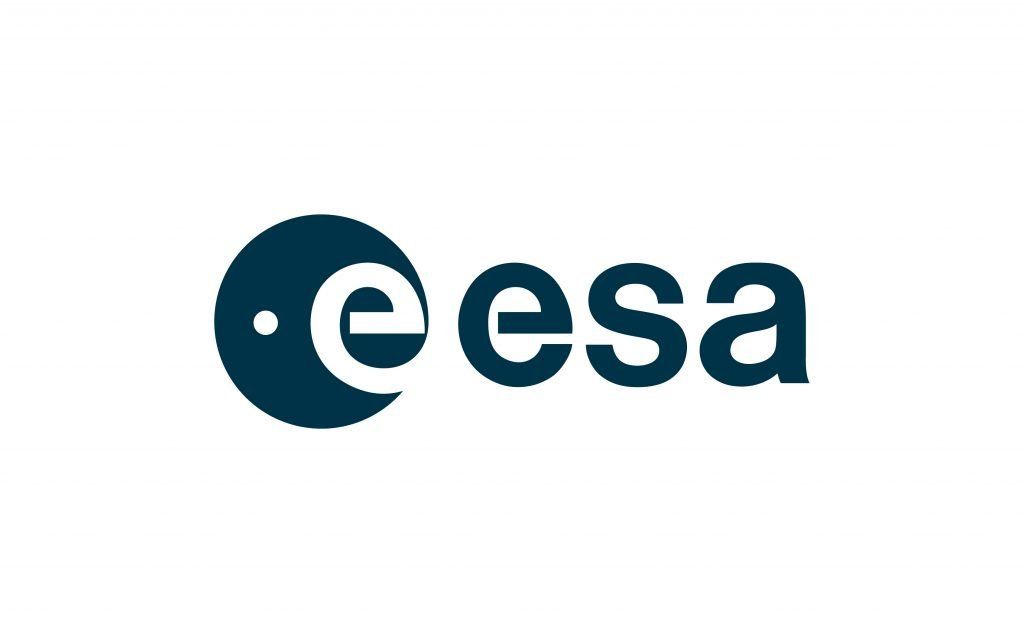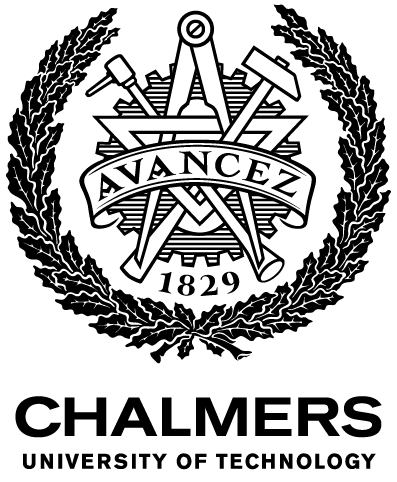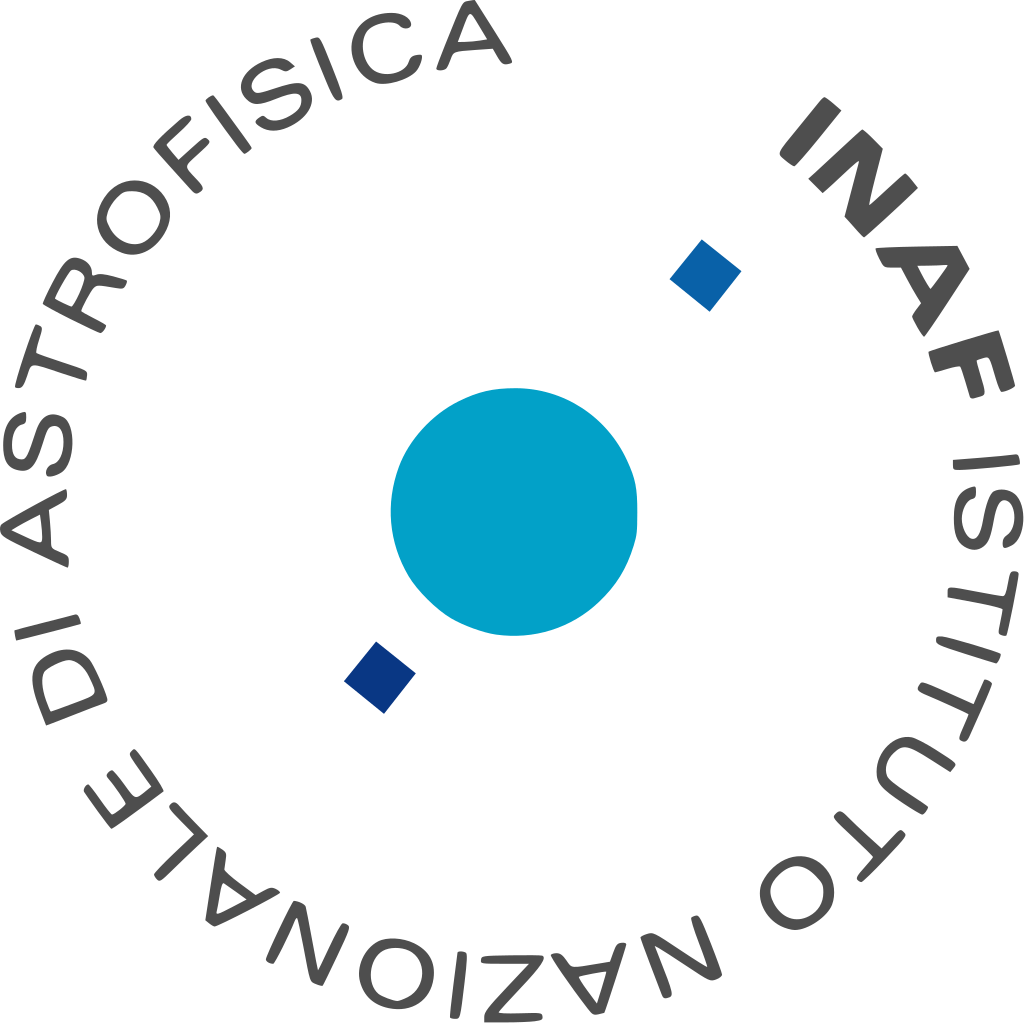This web page is created within BALTICS project funded from the European Union’s Horizon2020 Research and Innovation Programme under grant agreement No.692257.
Latvia can choose names for an exoplanet and its star
2019. gada 19. jūnijs
The International Astronomical Union (IAU) celebrating its 100 years is organising a campaign NameExoWorlds in which it offers every country the chance to name one exoplanet and its host star. Latvia this summer will have to decide how to name the star HD 118203 and its exoplanet. With its physical characteristics the star HD 118203 belongs to the subgiant category. It is orange, slightly bigger than the Sun, however, its orbiting planet is twice as massive as the largest planet in the Solar system, Jupiter.
Although for decades there have been commercial services which for a few dozens of euros give a chance to name a star in a star catalog by a freely chosen name, this is not an official act. Stars may have one or more star catalog numbers after they have been discovered or measured but the names can only be given by the International Astronomical Union. Despite the fact that there are billions of stars in Our Galaxy not all of them have been studied and just over three hundred of these stars have real names, like Sirius, Betelgeuse, Barnard's Star etc.
The name giving for Latvia's exoplanet and its star will take place in two rounds. First of all, in the period from the end of May to the beginning of August, in the University of Latvia portal
www.lu.lv there will be an opportunity to submit proposal for both names (exact address -
https://www.lu.lv/par-mums/lu-mediji/zurnali/zvaigznota-debess/citplanetas-sistemas-varda-piedavajums/). From the application an astronomy commission will select the 10 most attractive name sets. Voting for the most suitable of the ten options will take place in the portal
www.lu.lv throughout September. The names that received the most votes will be known in the first days of October, but the International Astronomical Union plans to give official confirmation at the end of December.
Good news for those interested in astronomy is that HD 118203 can be observed in Latvia throughout the year. However, it requires clear skies and binoculars or a small telescope. The star is located in the most widely known constellation - Ursa Major or the Great Bear. Visually this constellation resembles a water scooping cup and two of its stars can be used as the navigational pointer towards the place of the current northern pole star.
The planet near the star HD 118203 was discovered in 2006 by a group of astronomers led by Ronaldo Da Silva (Geneva Observatory) during observations at the Observatory of Haute Provence, France. It is possible that other planets will be discovered with this star in the future. Therefore, the name given to the first planet must be such that it is possible to give the next planet thematically related words. Everyone has the opportunity to offer their own version! Latvian Astronomical Society (LAB) unites astronomy professionals and interested parties to promote astronomy. LAB members participate in the creation of the magazine "Starry Skies", conduct sky observations in the Astronomy Tower of the University of Latvia and organises regular informative meetings.
More information in LAB homepage www.lab.lv.
Shortened address for submitting name suggestions – https://ej.uz/citplaneta
More information -– http://lab.lv/pasakumi-projekti/dod-vardu-citplanetai-03052019.html
Source: Latvian Society of Atsronomy


















